
Researchers at RIKEN found a link between protein synthesis and neurodevelopmental disorders, discovering that an overactive quality control process in protein production can inhibit neural growth and communication, leading to cognitive dysfunction. This opens potential new paths for treating such disorders.
An over-reaction when protein synthesis stalls can lead to neurodevelopmental disorders in mice.
The link between quality control during protein synthesis in cells and neurological disorders has been made clear for the first time by RIKEN researchers. This discovery could help to develop new treatments for such cognitive disorders.
Complex molecular factories inside cells, ribosomes convert genetic code into protein molecules. This protein synthesis proceeds in fits and starts, and sometimes it grinds to a complete halt.
When this happens, an important quality-control process kicks in and degrades the incomplete protein threads that have been made, which would otherwise damage cells. This mop-up operation is known as ribosome-associated quality control (RQC).
Recently, there has been some evidence suggesting that various brain disorders result when RQC goes awry, but no-one knew how this occurs.
“Previous studies had suggested that dysfunction of RQC may lead to neurodegenerative disorders,” says Motomasa Tanaka of the RIKEN Center for Brain Science. “So we are really interested in what happens in neurons, but most studies so far have focused on cultured cell lines or yeast cells rather than neurons.”
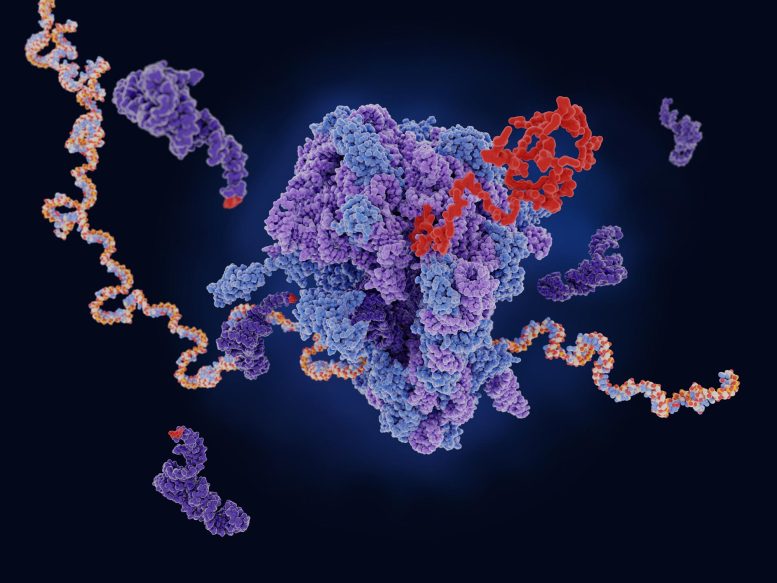
An artist’s impression of a ribosome. It converts genetic material into proteins that cells need to function. RIKEN researchers have now found the connection between dysregulation of ribosome-associated quality control and cognitive disorders.
Now, Ryo Endo, Tanaka, and co-workers have discovered that removing a key gene in RQC in mice neurons leads to developmental defects in neurons.
Specifically, the team found that mice lacking an enzyme known as LTN1 had higher levels of two signaling molecules: TTC3 and UFMylation. “The abundance of the protein TTC3 increased more than tenfold,” notes Tanaka. “That was really surprising as it’s an overkill.”
These signaling molecules serve to turn off the translation of genetic material into proteins—a beneficial effect. But they go too far and apply the brakes to the growth of neurites—projections from neurons that go on to form connections with other neurons. It is this inhibition of neurites that is thought to lead to problems in neurons.
“Overexpression of TTC3 definitely helps to stop translation, which is a good thing,” says Tanaka. “But at the same time it also curbs neurite extension, reducing communication between neurons. This is probably the cause of cognitive dysfunction.”
Tanaka likes this creation of a more dire situation due to overcompensating for the initial problem of an overactive immune system that can cause serious conditions such as chronic inflammation and allergies.
The finding could help to develop new therapies. “We think some therapeutic strategies to target TTC3 or illumination signaling factors may also be interesting in the future,” says Tanaka.
The team now intends to explore the relationship between the accumulation of signaling dysfunction and human brain disorders.
Reference: “Dysregulation of ribosome-associated quality control elicits cognitive disorders via overaccumulation of TTC3” by Ryo Endo, Yi-Kai Chen, John Burke, Noriko Takashima, Nayan Suryawanshi, Kelvin K. Hui, Tatsuhiko Miyazaki and Motomasa Tanaka, 14 March 2023, Proceedings of the National Academy of Sciences.
DOI: 10.1073/pnas.2211522120

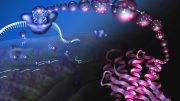

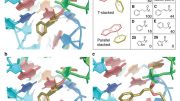
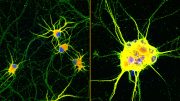
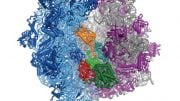

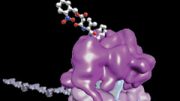

What about ALS. Would lab grown neurons help? Need help fast for Lou Gehrig’s disease. NOTHING EVER WORKS.